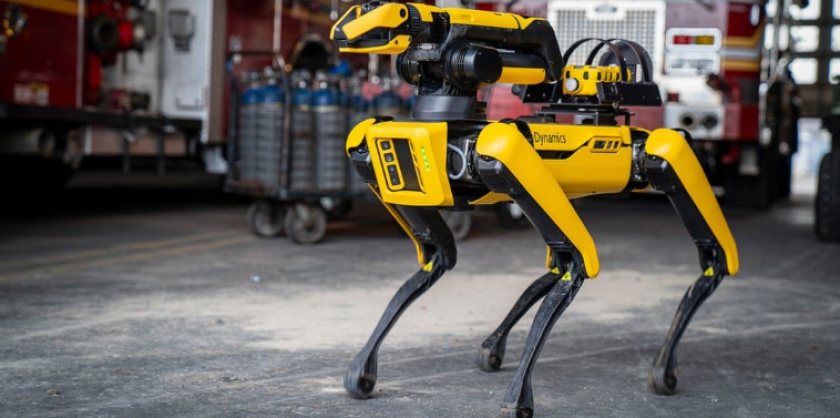Analytics
-
Its new State Data Hub offers a centralized platform for information on state topics ranging from housing to education. It is intended to simplify access to the details, both for decision-makers and the public.
-
The Pennsylvania Generative AI Pilot Program report revealed that the technology can save employees time — on average, 95 minutes a day — and simplify tasks, but human nuance remains essential for effective use.
-
Security experts are currently tuned in to FedRAMP program changes and the potential impact on the way businesses work with government agencies. Some outcomes from its emerging 20x initiative will likely take time to become clear.
More Stories
-
Data plays an essential role in governance, and a new report from the Open Technology Institute illuminates an urgent need for public-sector adoption of technologies that help enable secure use of data.
-
Government Technology mapped the current landscape of chief data officers at the state level to reveal where data leadership has been established and where it lags. Just more than half of states have a CDO.
-
The district is using data and technology to transform how it connects people experiencing homelessness to shelters with beds during hypothermia season. Calls to a key service hotline have dropped significantly as a result.
-
Nearly two dozen cities have been awarded the What Works Cities Certification, which recognizes localities for data usage to inform policy and funding, engage residents, evaluate programs and improve services.
-
The state’s new threat assessment report focuses on how cyber criminals are using the newest tools to hack into systems and mount ransomware attacks on governments. The threats could be especially acute this year.
-
A Washington, D.C.-based nonprofit has created a platform where government workers and others can share how federal contract terminations, staff cuts and data issues impact their work without using personal information.
-
The traffic management firm has released a new "Collision Index" designed to give police, public works and road planners better data about where accidents happen and how to fix those problems.
-
A fledgling push to promote reforestation and climate mitigation relies on interactive maps and tracking tools. The state also hopes to plant more trees into "disadvantaged communities" by 2033.
-
Caught in data turbulence, local and state government must adapt to changes in federal transparency — or face data bias. A new landscape raises questions about the future of open data and evidence-based policymaking.
-
Through effective data governance, state and local governments are working to improve decision-making, public trust and equity efforts, by creating shared languages and collaboration across departments.
-
Joshua Martin, who oversaw the development of Indiana’s first statewide data strategy and data literacy training, will be leaving his role in January.
-
Metro Atlanta faced an onslaught of data center development projects in 2024, but it seems the busy year for high-tech computer storage facilities saved its largest proposal for last.
-
New York City’s latest migration from 2D to 3D records helps remove frustrating delays and ambiguity in the complex property tax system.
-
Once several were damaged, local officials decided they needed to clarify what these sensors were and weren’t. Last year, the town posted a small sign beneath many clarifying their function.
-
Michigan lawmakers have approved a bill that exempts data centers which make at least $250 million in capital investment from sales and uses taxes on equipment through at least 2050.
-
The site plan for the addition, a five-building facility, was approved by the town’s planning board, but the approval is pending upon the company’s compliance with sewer and noise issues.
-
The city and county of Denver has chosen to hire from within for the role, which was created this summer. Sean Greer, Denver's IT director of service delivery, was selected and started work this week.
-
Court access advocates and journalists laud the benefits of allowing the public to remotely view court records, saying it increases transparency and accommodates timely reporting on newsworthy events.





























